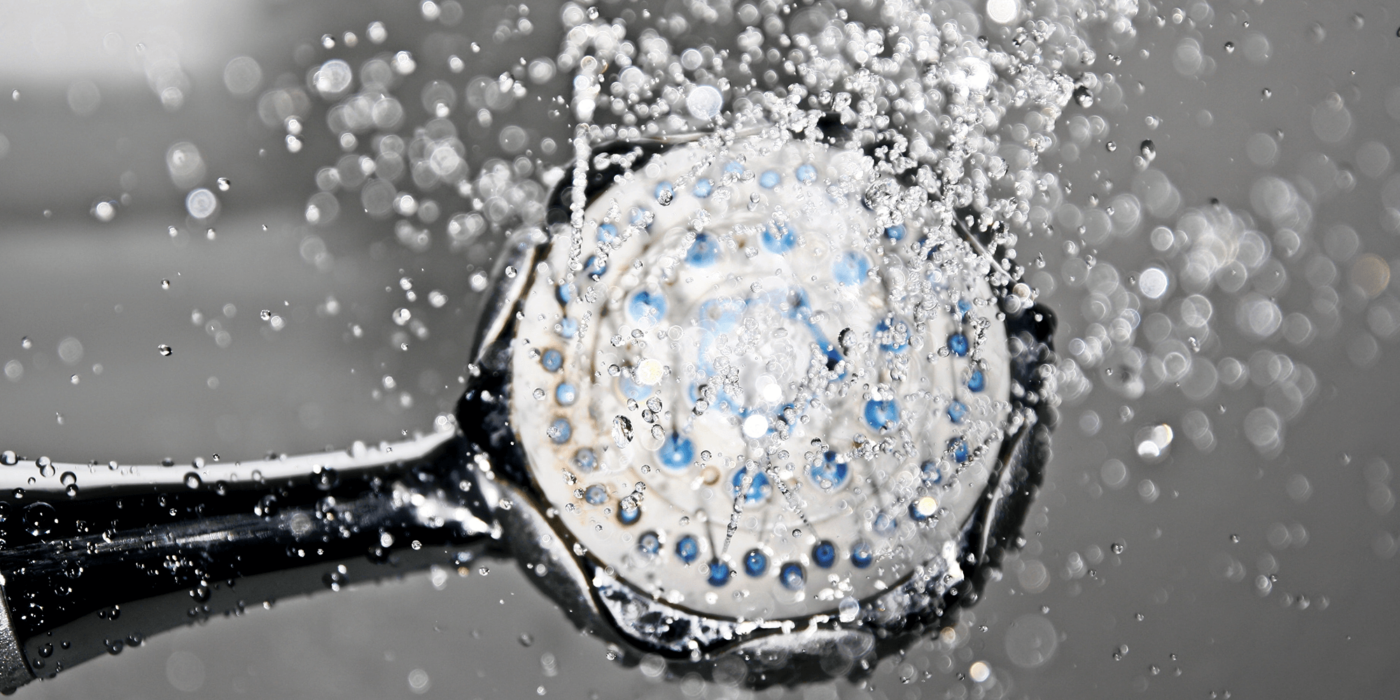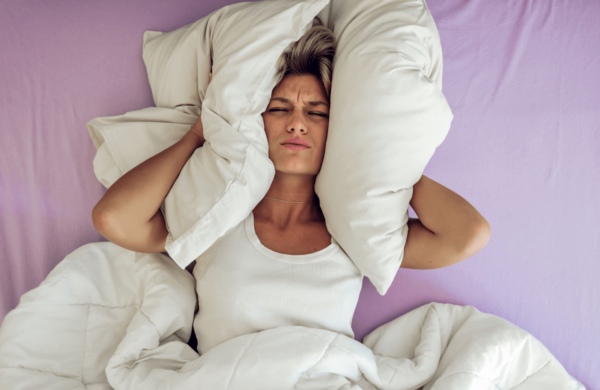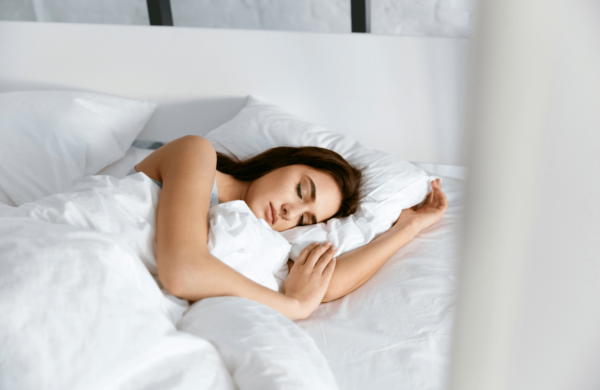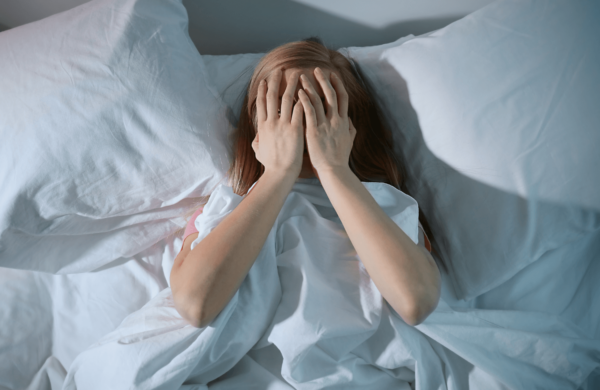Are cold showers good for sleep?
Are you struggling with getting a good night’s sleep? Perhaps you’ve tried everything from a warm glass of milk to counting sheep, but nothing seems to work. Well, have you ever considered taking a cold shower before bed? Yes, you read that right – a cold shower!
In this article, we will explore the topic of whether cold showers can actually help you sleep better. But first, let’s discuss what a cold shower is and how it works.
A cold shower is simply a shower that uses water at a temperature of around 21°C (70°F) or below.
The idea behind cold showers is that the sudden shock of cold water on your body stimulates various physiological responses, such as increased blood flow, improved circulation, and heightened alertness.
Now, let’s take a look at the benefits of cold showers.
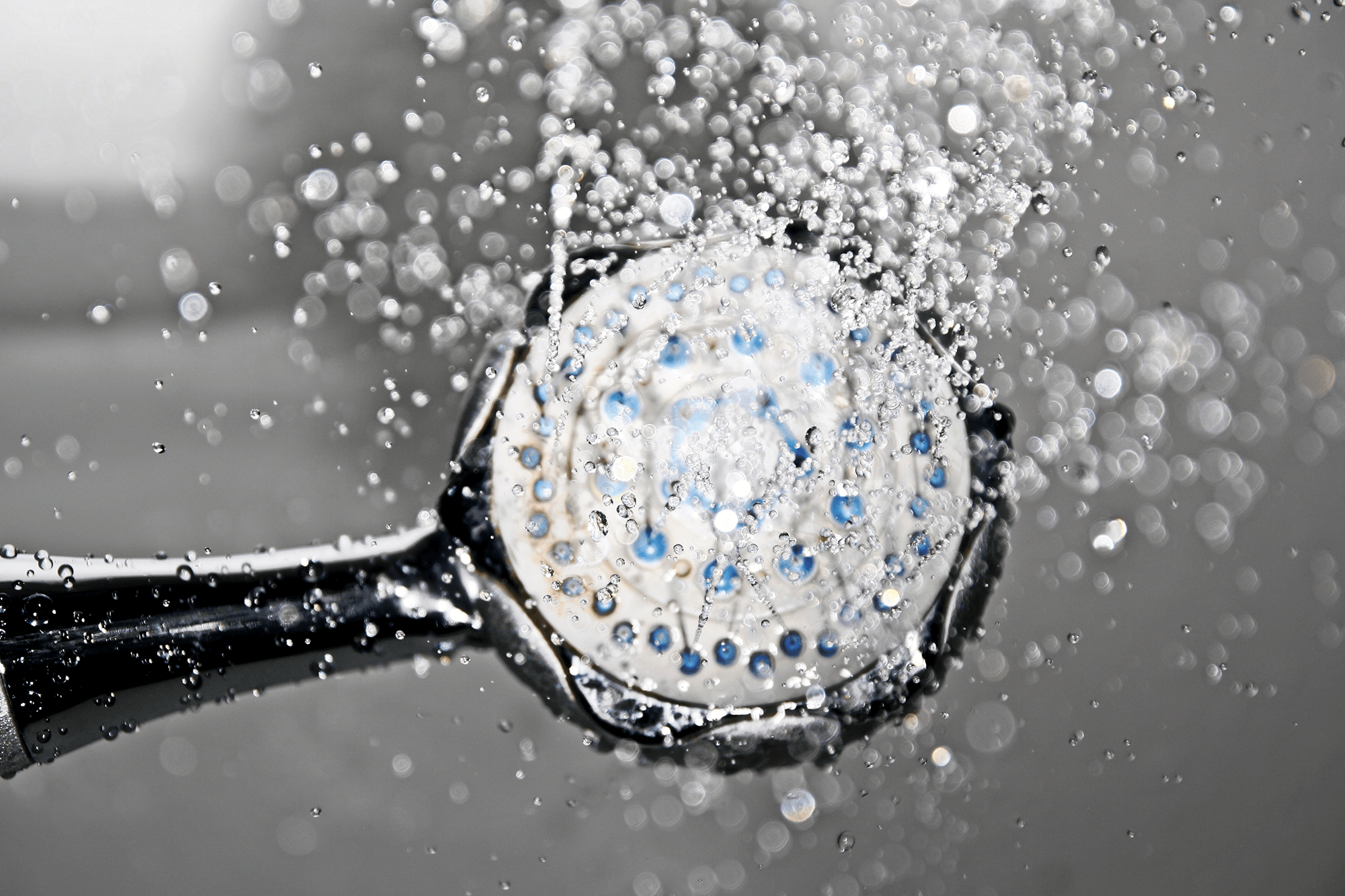
Benefits of Cold Showers
Increased recovery:
One of the most significant benefits of cold showers is their ability to boost recovery after physical exercise.
Cold water has been shown to reduce inflammation and muscle soreness, aiding in the recovery process. Additionally, cold showers can help with mental recovery by reducing stress and improving overall mood.
Inexpensive:
Another benefit of cold showers is that they are an inexpensive and accessible way to reap the benefits of cold therapy. While ice baths can be costly and time-consuming, cold showers can be taken quickly and easily at home.
Skin & hair protective:
Cold showers have been shown to have positive effects on the skin, hair, and immune system. The cold water helps to tighten pores, improve skin elasticity, and reduce the risk of infections by increasing the production of white blood cells.
But, you may be wondering, how do cold showers help with sleep?

How Do Cold Showers Help with Sleep?
Reduced body temperature:
One of the key ways that cold showers can improve sleep is by reducing body temperature. Our body temperature naturally decreases as we get ready for sleep, and taking a cold shower can accelerate this process.
The rapid cooling effect of cold water causes the blood vessels to constrict, redirecting blood flow to vital organs and lowering the body’s temperature.
Studies have shown that the drop in body temperature induced by a cold shower can help people fall asleep more quickly and improve overall sleep quality.
Reset circadian rhythm:
A study published in the journal Sleep Medicine found that taking a hot-to-cold shower 90 minutes before bedtime improved sleep quality, latency, and efficiency in a group of people with insomnia.
A study published in the journal Chronobiology International found that taking a cold shower in the morning can help to reset our circadian rhythm by reducing daytime sleepiness and improving alertness.

Increased melatonin production:
The study also found that cold showers increased the production of melatonin, a hormone that plays a crucial role in regulating our sleep-wake cycle.
While more research is needed to fully understand the relationship between cold showers and circadian rhythm, these findings suggest that taking a cold shower may have benefits beyond just improving sleep quality.
Promising treatment for insomnia:
Another study published in the journal Medical Hypotheses found that cold water immersion therapy (CWIT), which involves submerging the body in cold water for a short period of time, may be an effective treatment for insomnia.
Increased GABA:
The study found that CWIT increased levels of the neurotransmitter GABA, which is involved in regulating sleep and relaxation. Additionally, CWIT was found to increase the production of endorphins, which can help to reduce pain and improve mood.
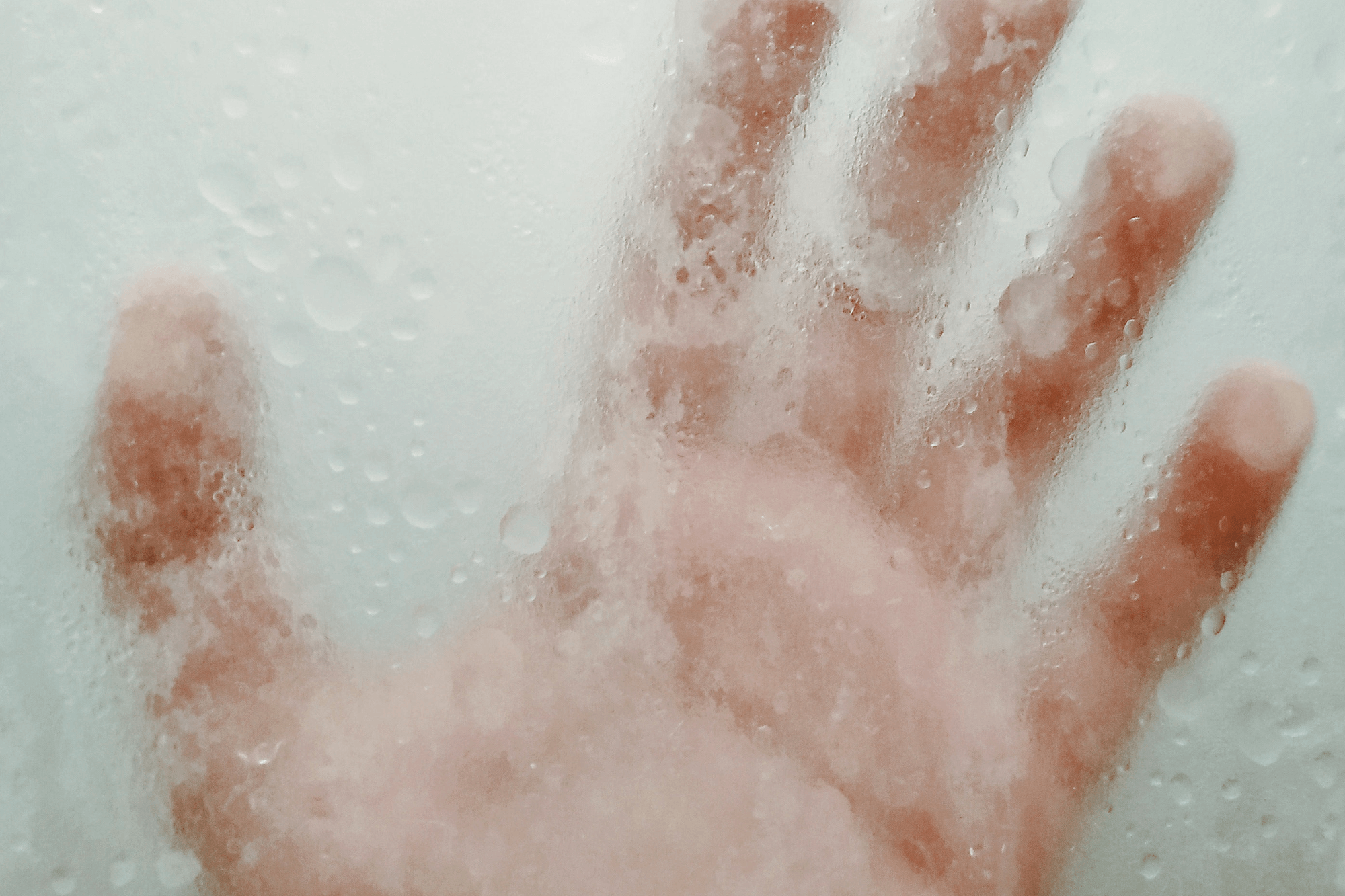
Reduced stress:
Additionally, cold showers can help to calm the mind and reduce stress levels. When we are stressed, our bodies release cortisol, a hormone that can disrupt sleep.
By reducing stress and cortisol levels, cold showers can help to promote a more restful and rejuvenating sleep.
In conclusion, taking a cold shower before bed may offer numerous benefits for improving sleep quality and overall well-being.
From promoting relaxation and reducing stress to potentially influencing our circadian rhythm, the benefits of cold showers extend far beyond just the physical sensation of cold water on our skin.
So, the next time you’re struggling to get a good night’s sleep, consider giving a cold shower a try – you may be surprised at just how effective it can be!
Huang, T., Lin, L., & Kuo, H. (2019). Effects of cold water immersion on subjective sleep quality and sleep architecture: A randomized controlled trial. Sleep Medicine, 57, 109-118. https://www.sciencedirect.com/science/article/abs/pii/S1389945719300383?via%3Dihub
Shevchuk, N. A. (2008). Adapted cold shower as a potential treatment for depression. Medical Hypotheses, 70(5), 995-1001. https://www.sciencedirect.com/science/article/abs/pii/S030698770700566X?via%3Dihub

